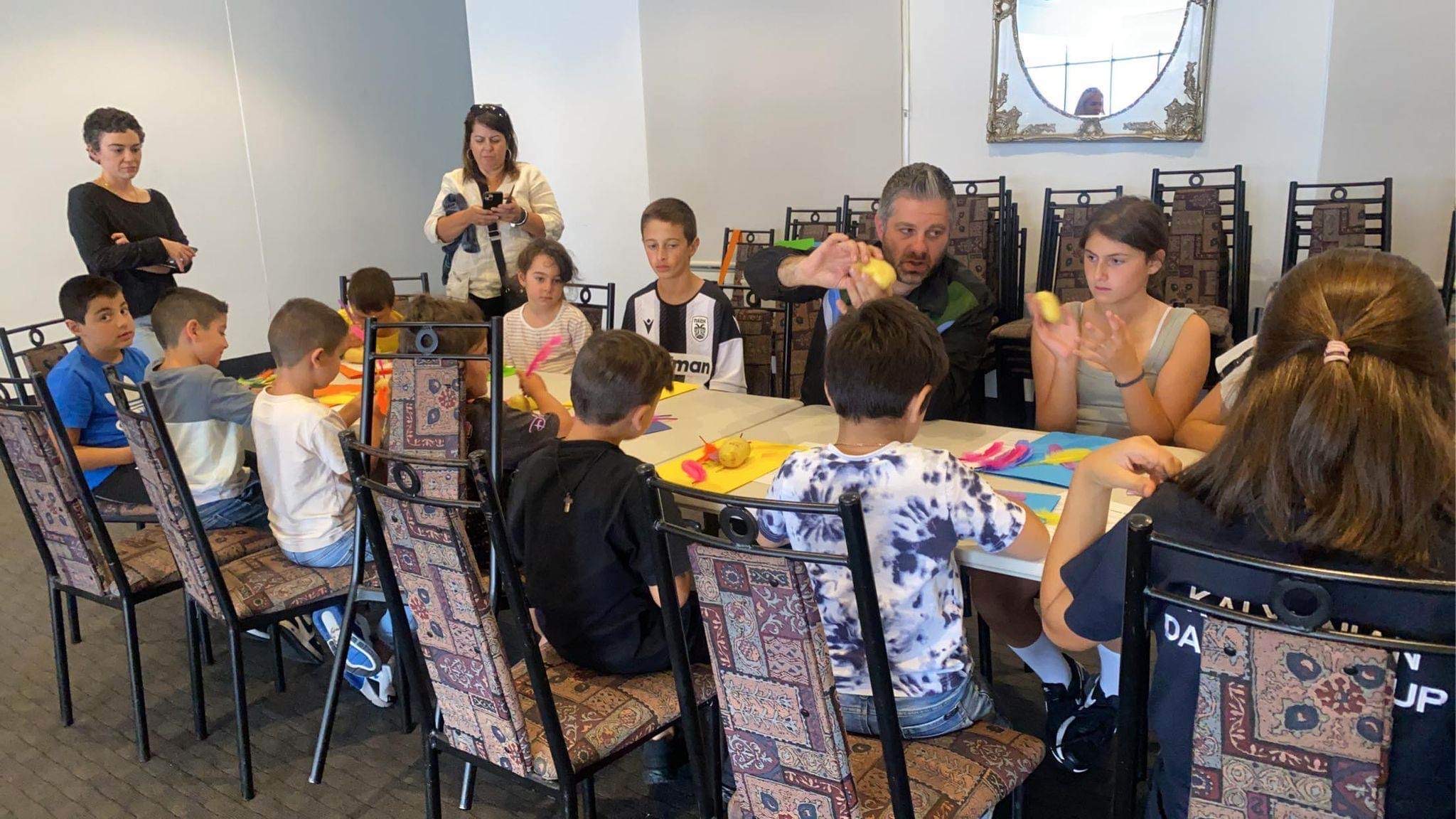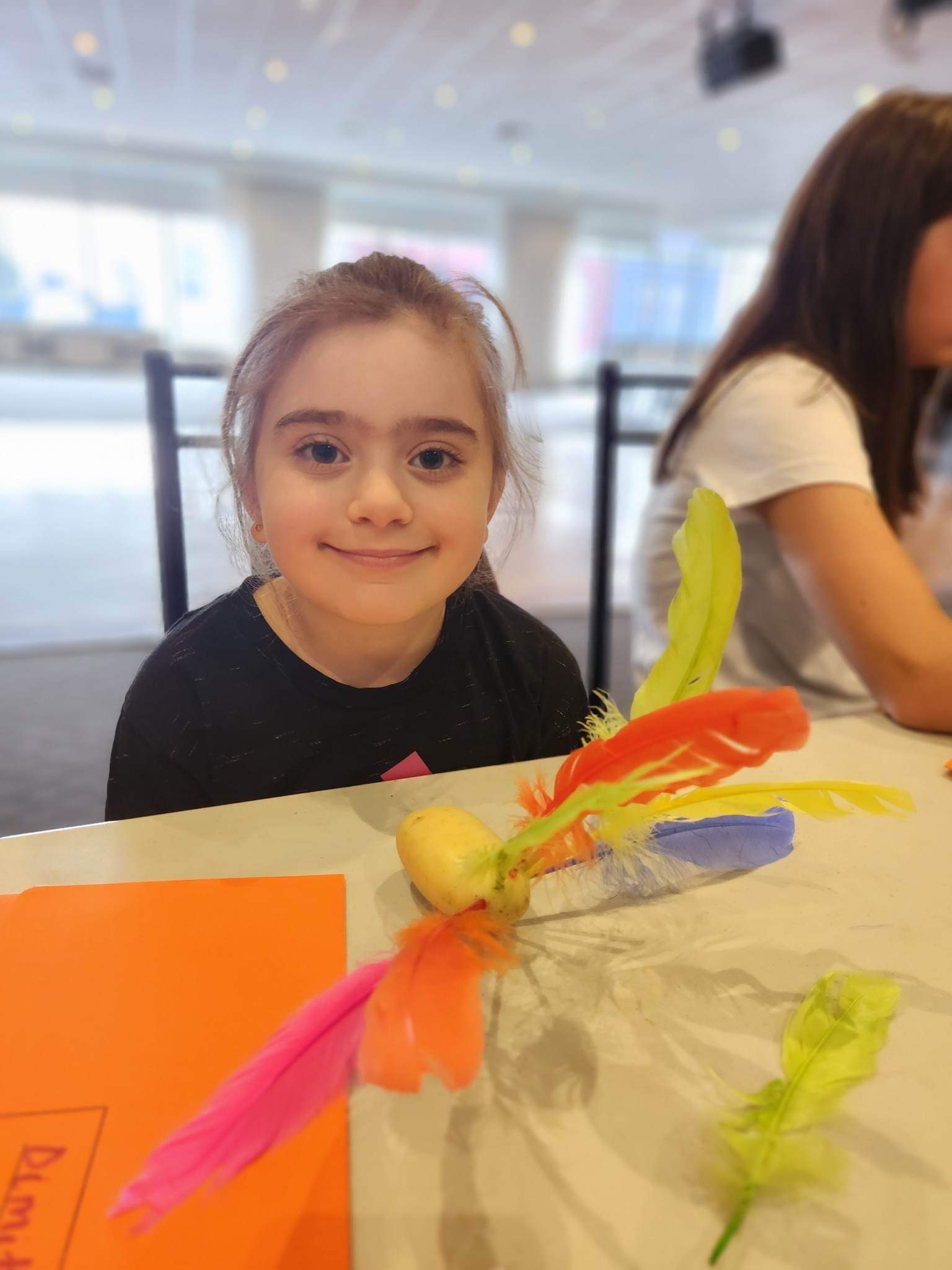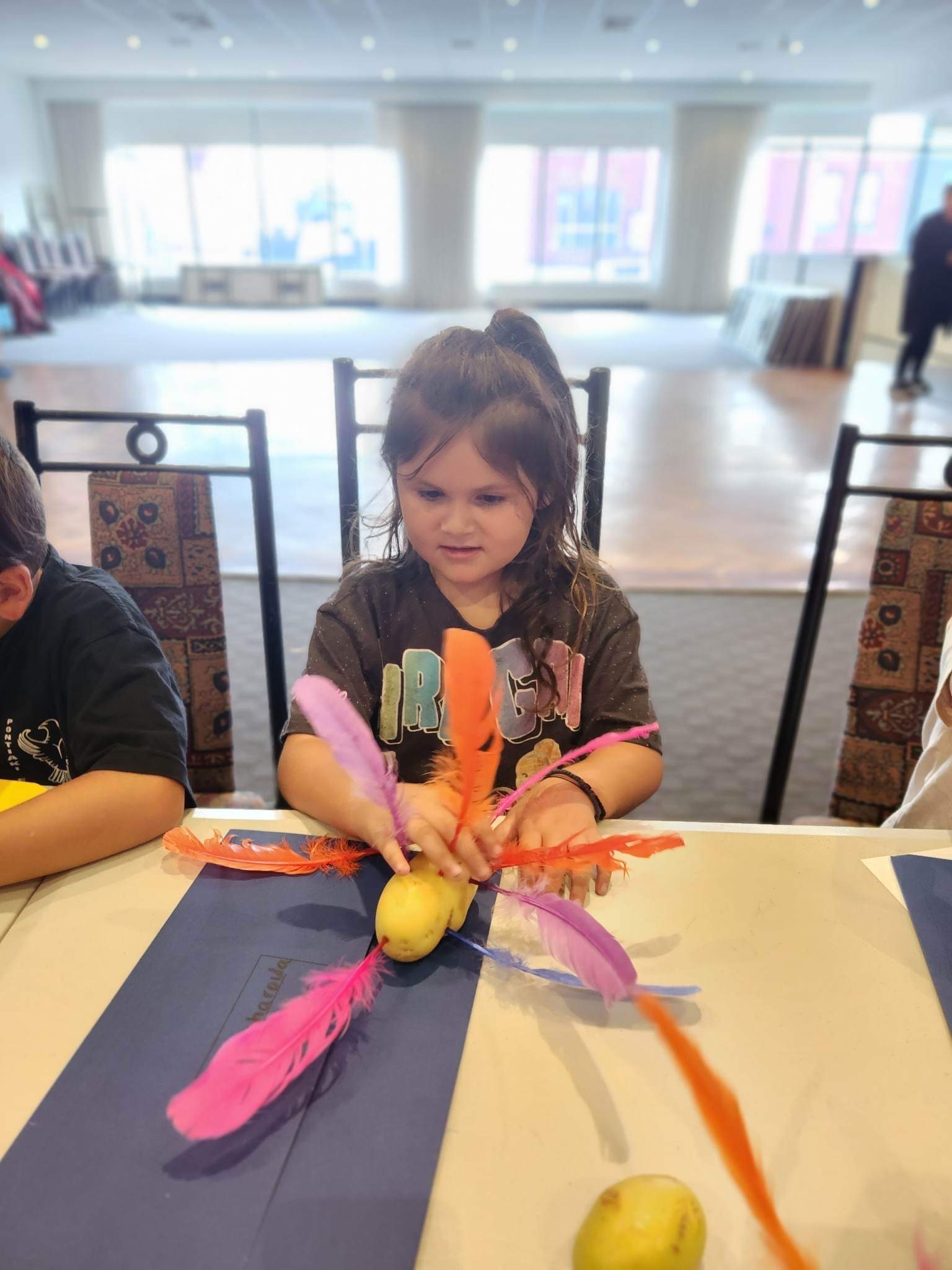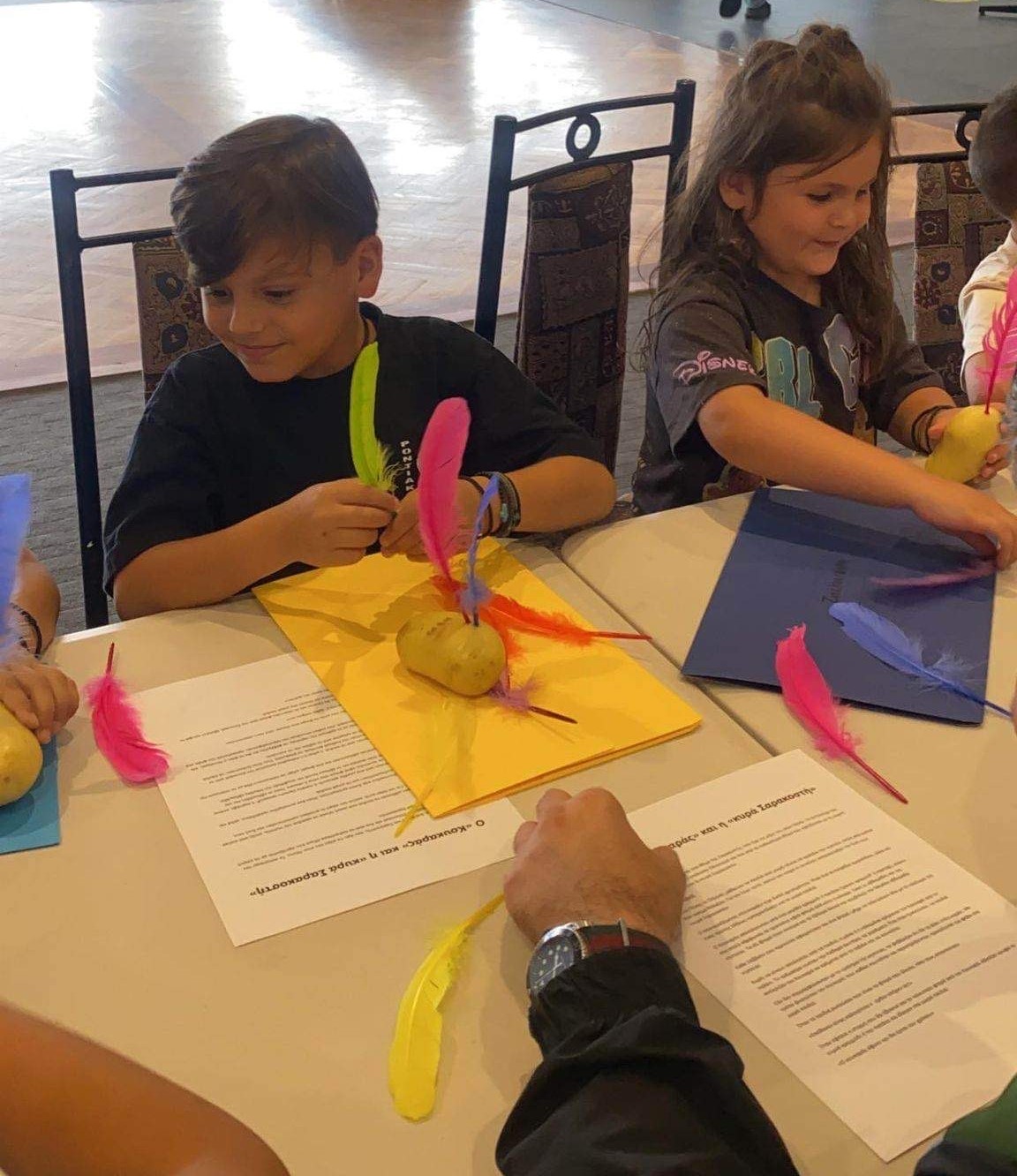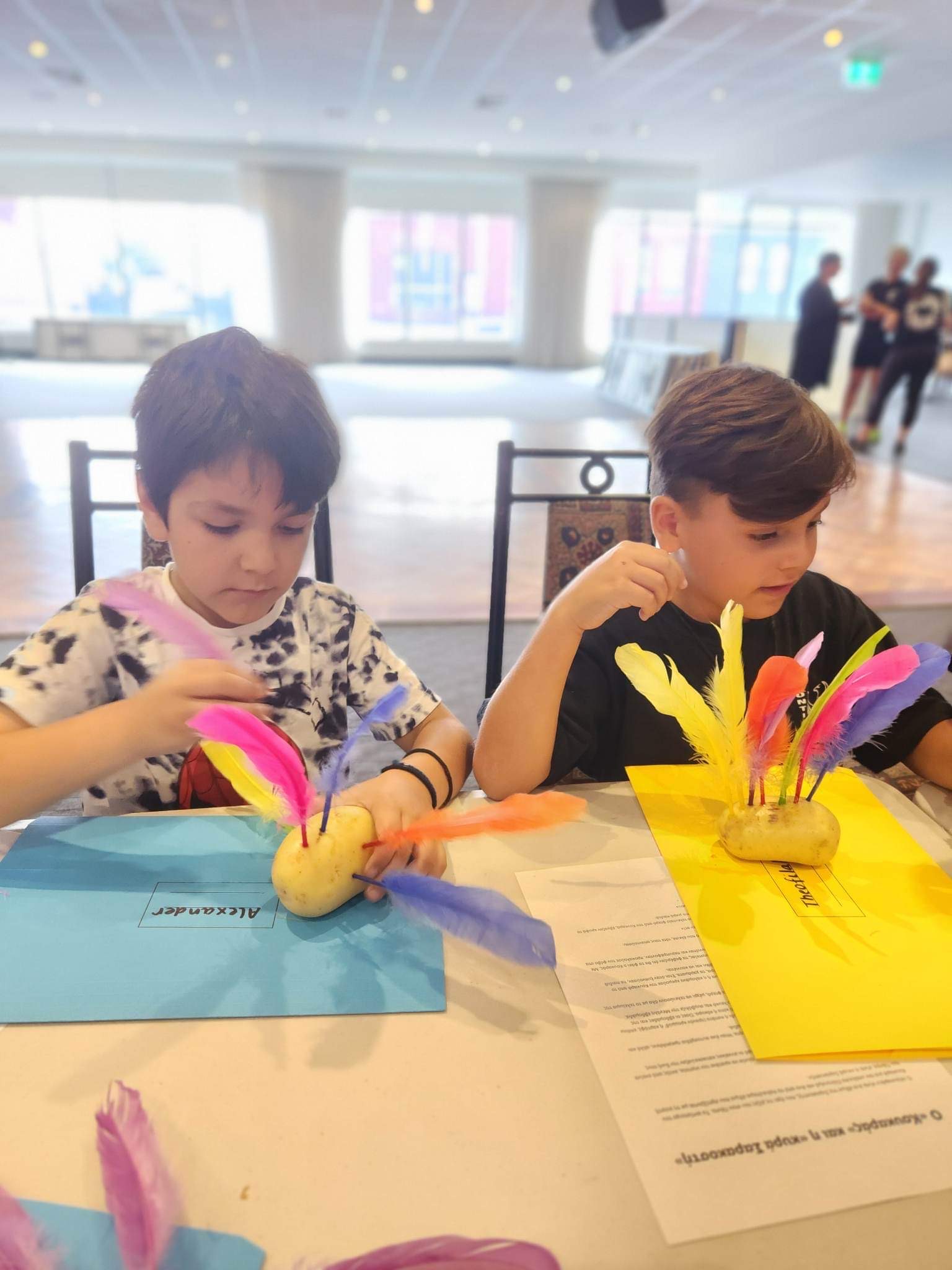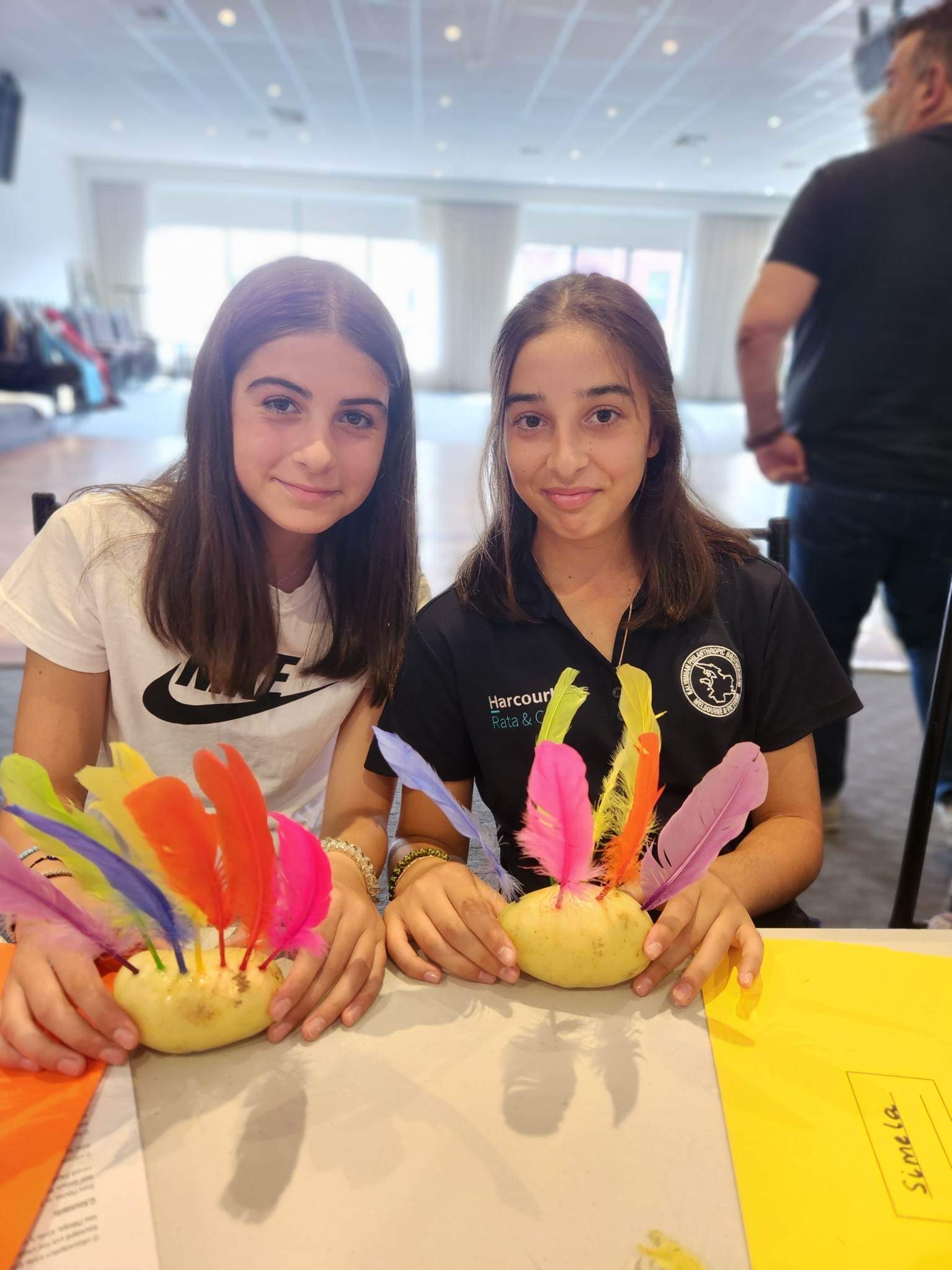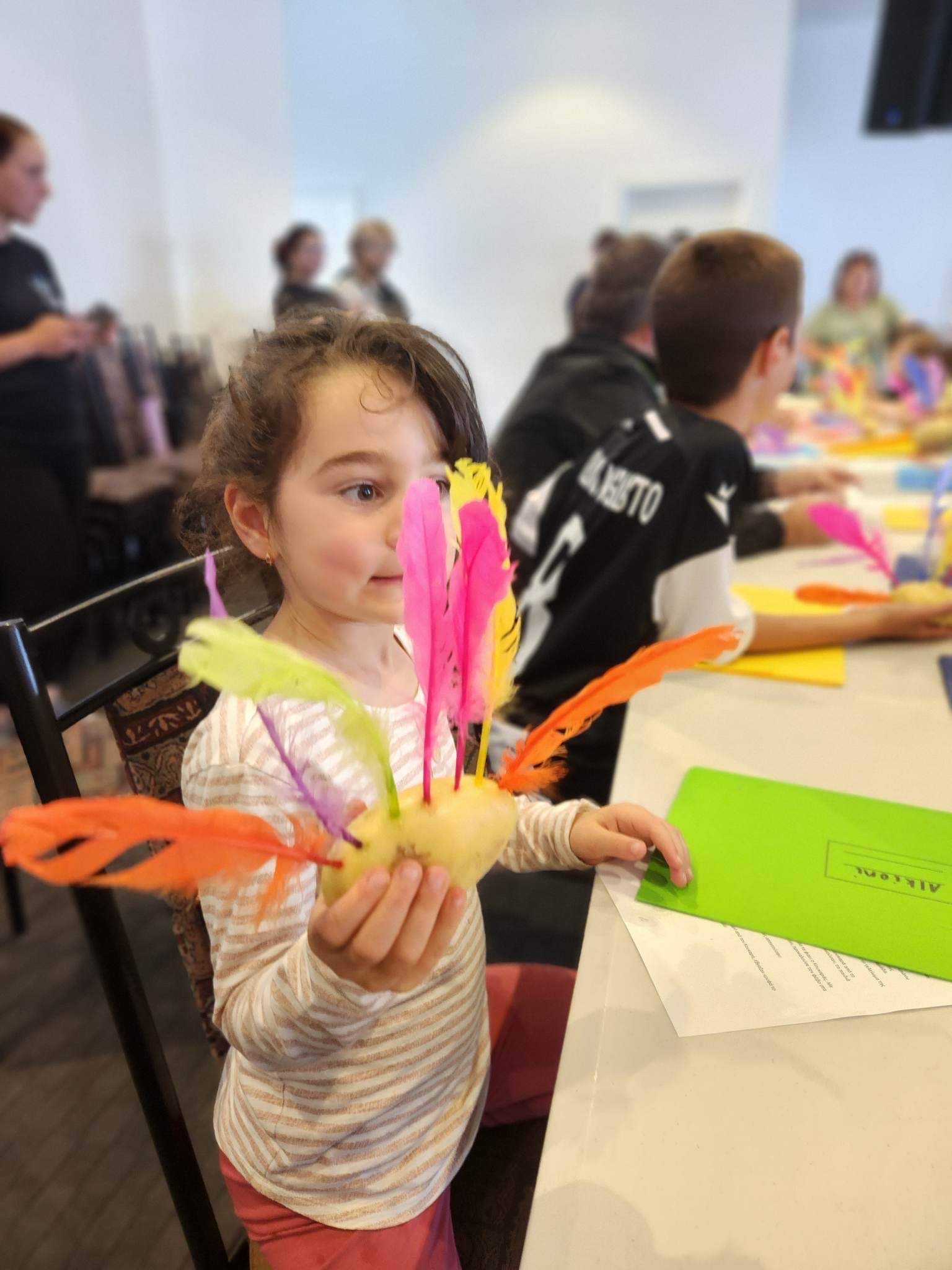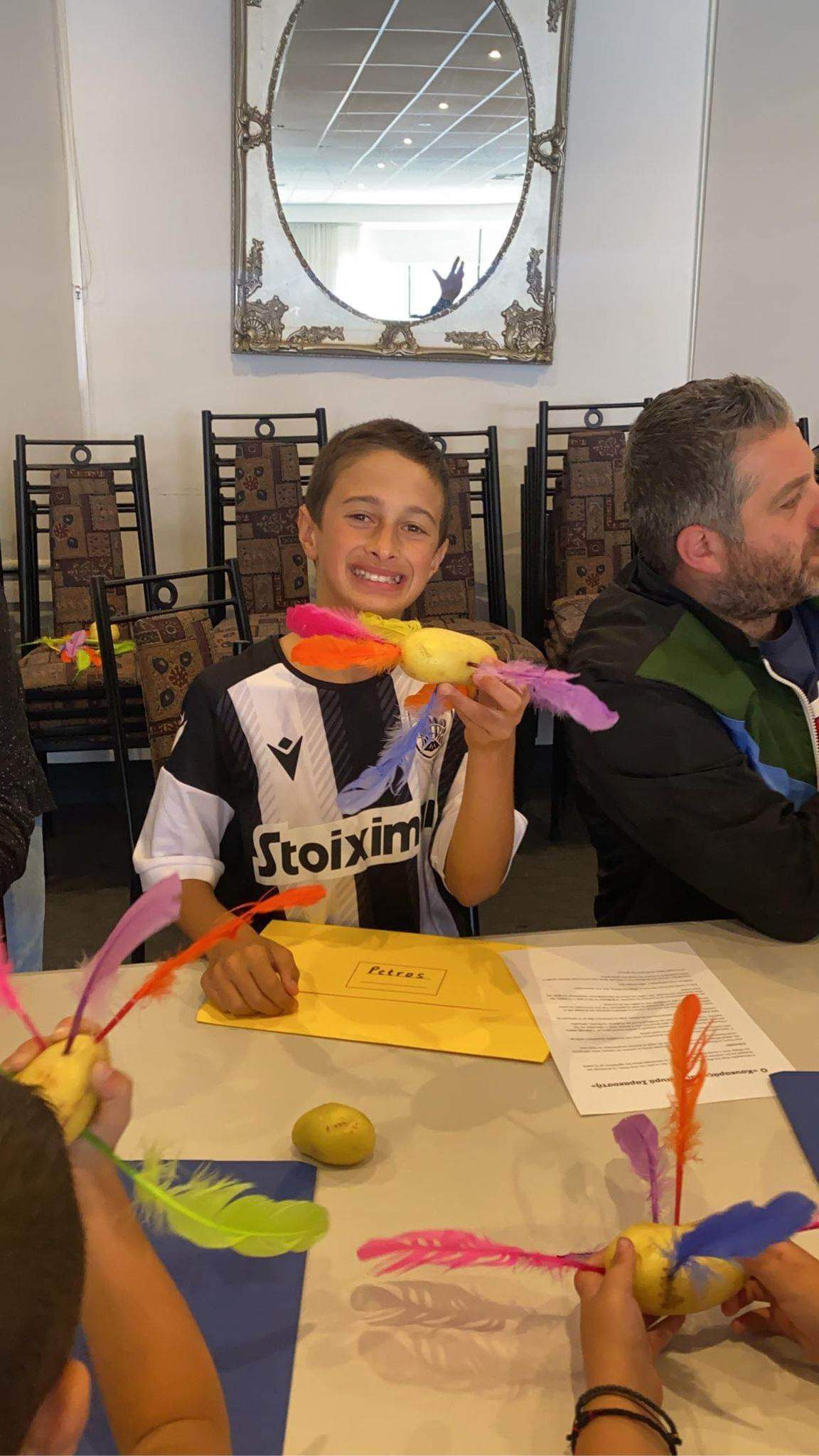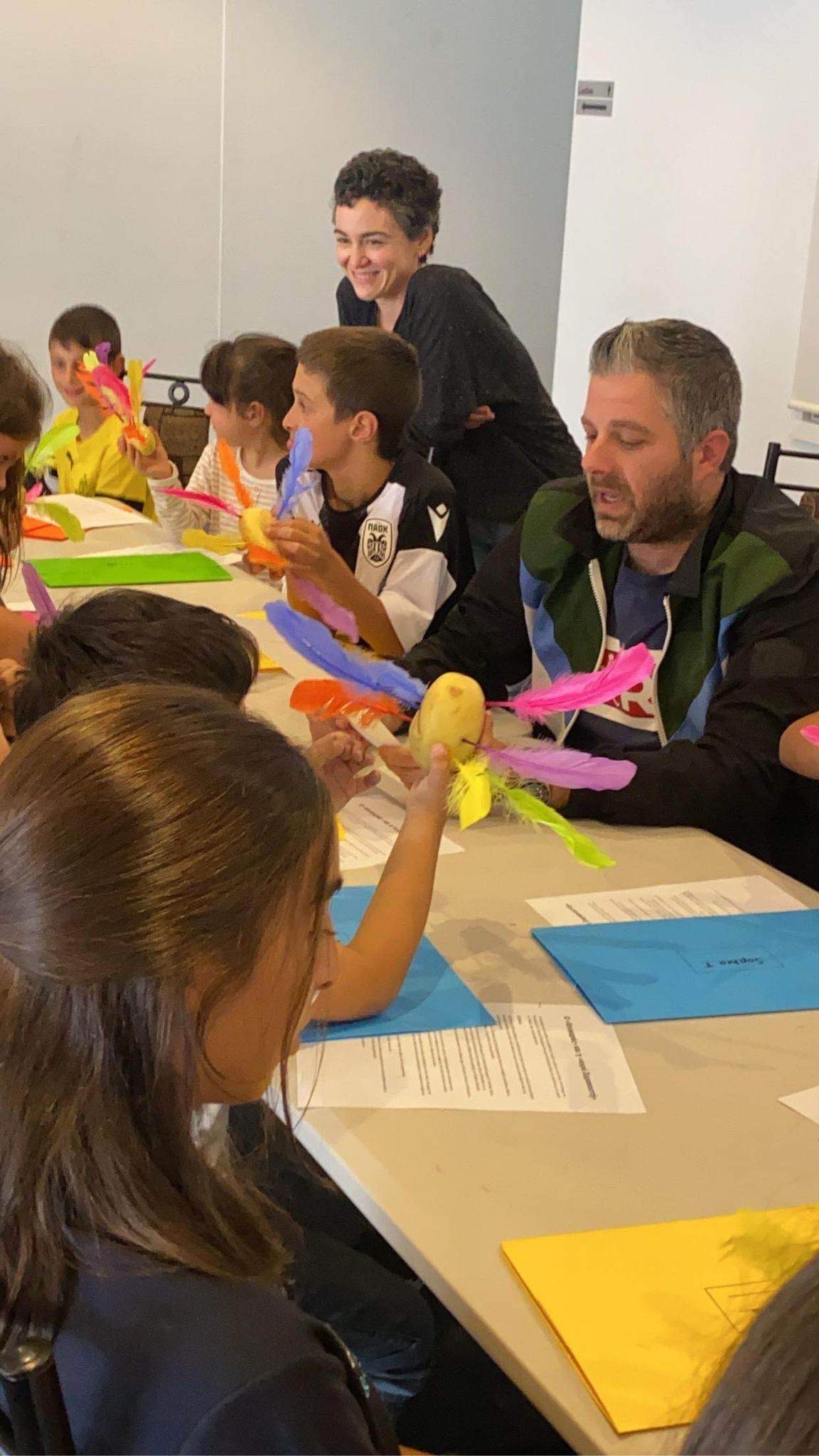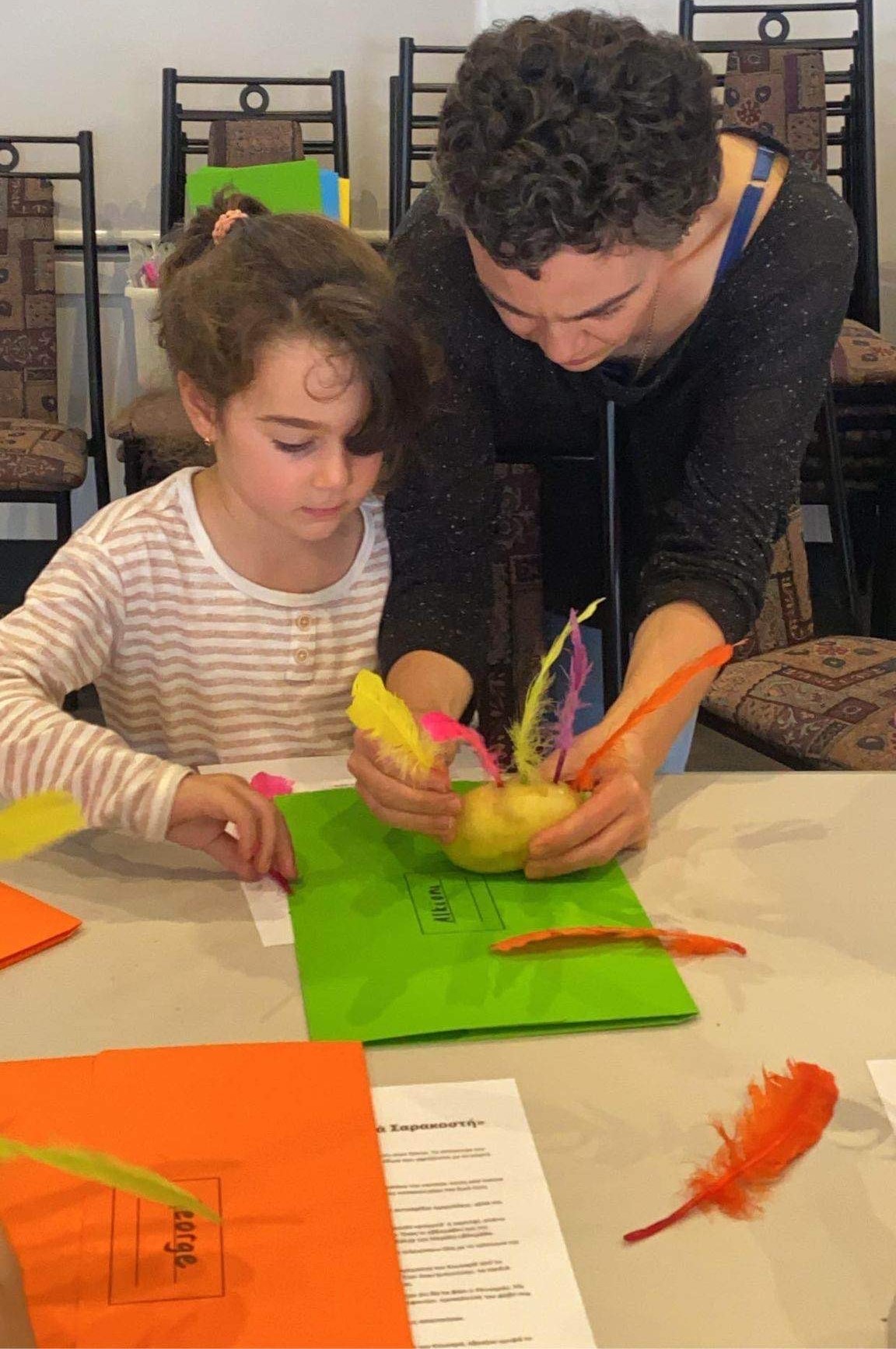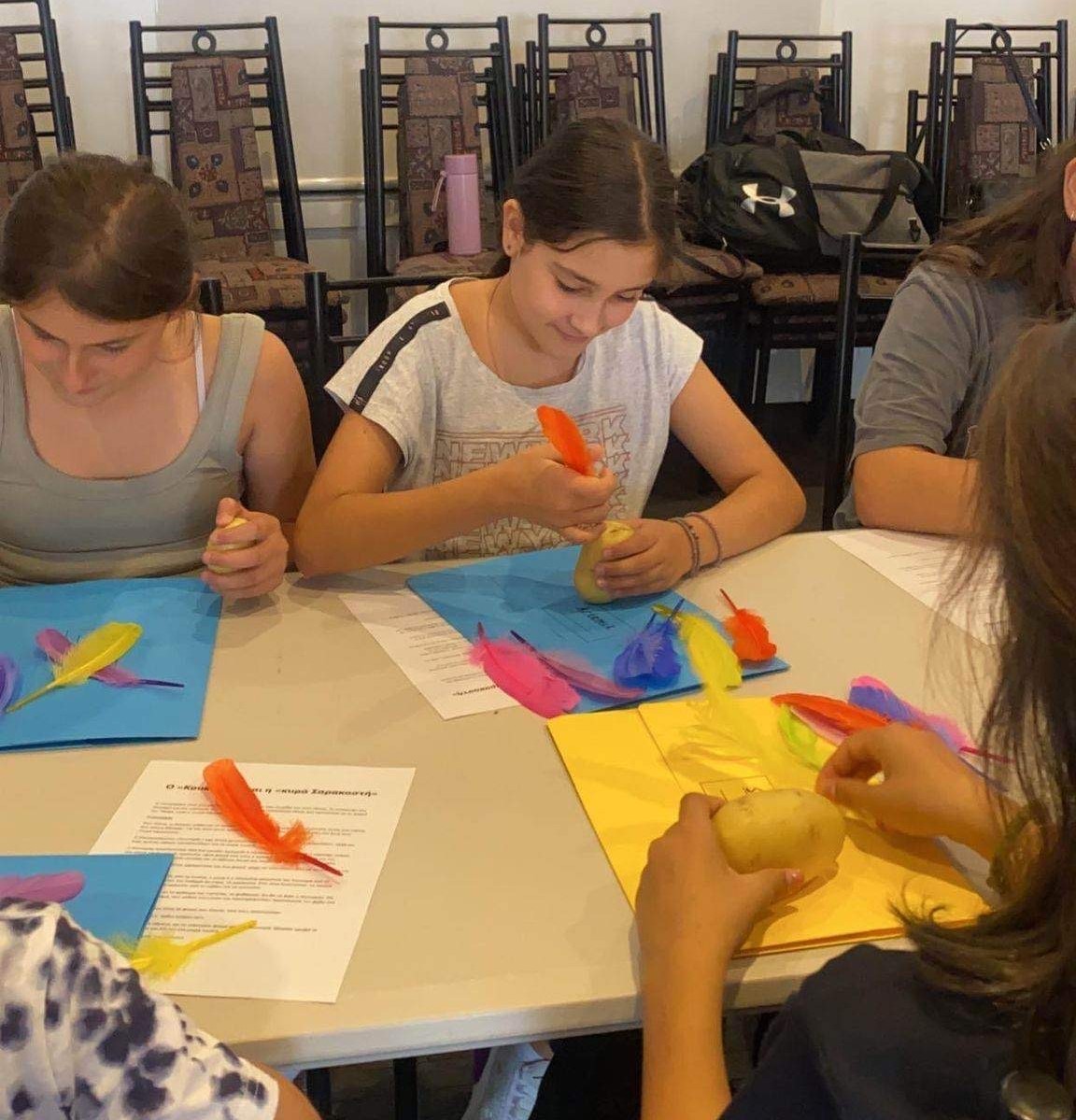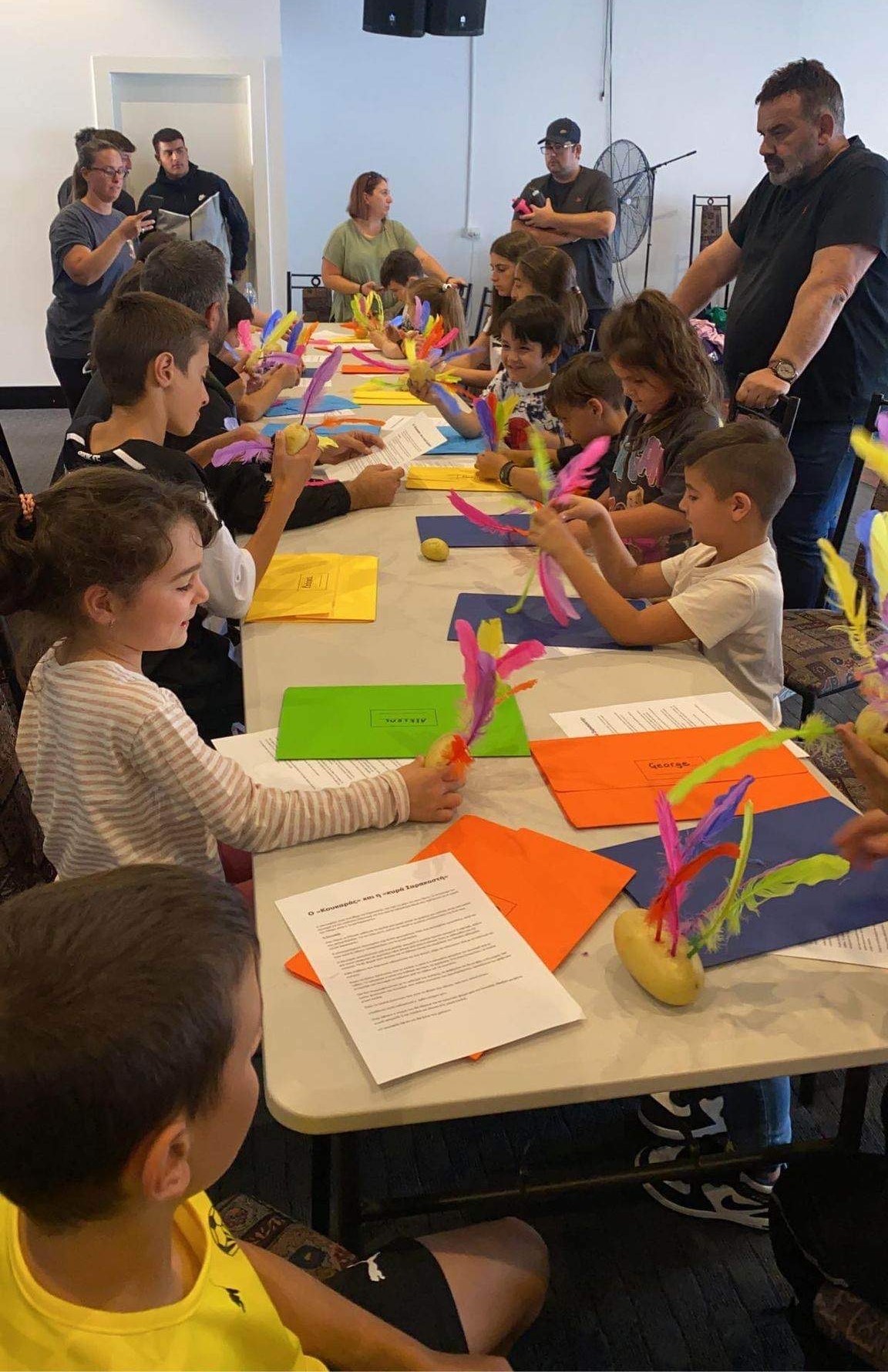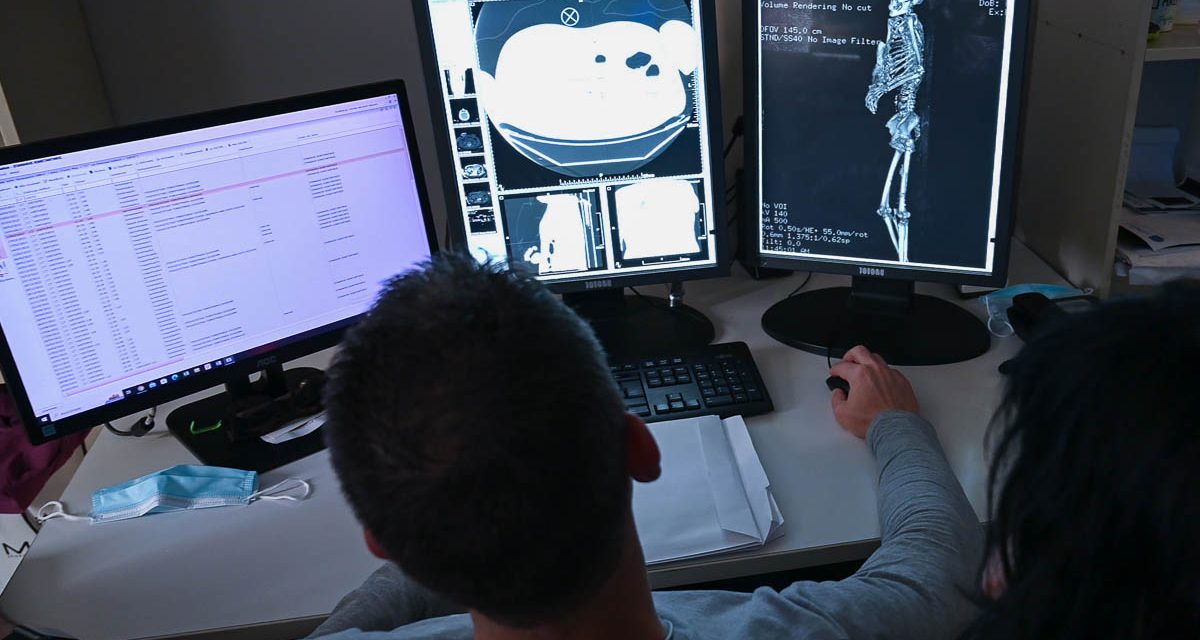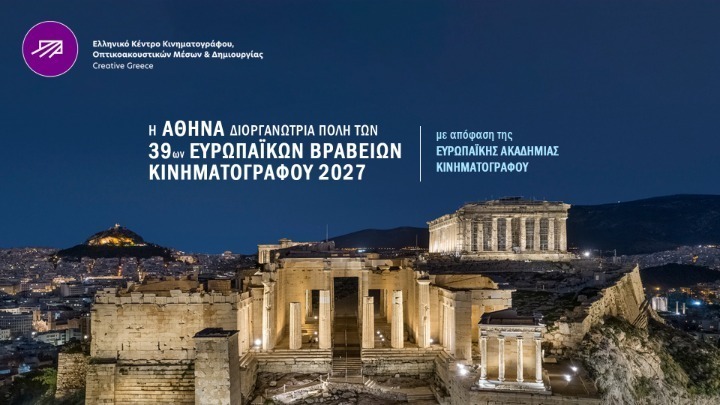The ‘Pontiaki Estia’ of Melbourne revives the custom of the “Koukara”
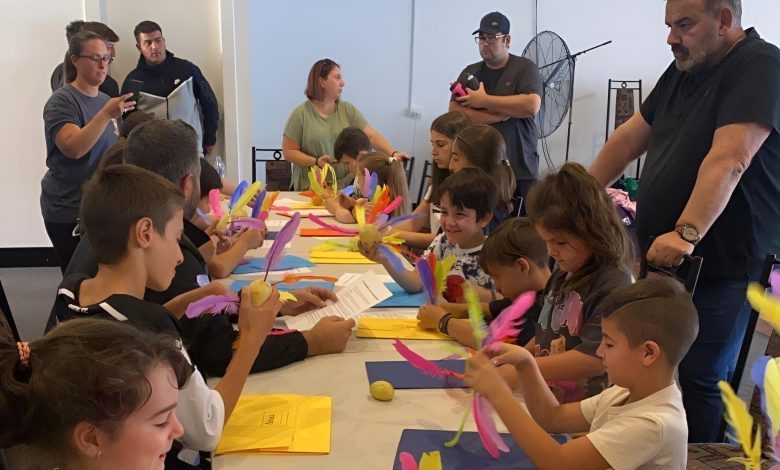

One of the purposes of establishing the Central Union of Pontians of Melbourne and Victoria “Pontiaki Estia” is to preserve the cultural heritage of the unforgettable Pontus. It is known that the members of the Association respect and utilise at all costs, as a sacred obligation, the legacy left by their ancestors. They revive music, dance, and customs in an amazing way and passion. They learn history with special zeal and love and participate in all the Association’s activities. In their soul they carry the soul of Pontus.
In this spirit, on Sunday, 12 March 2023, just before the usual dance lesson, the middle-school teacher Mr. Kostas Pataridis presented in detail to the dance classes the custom of the “Koukara”. It is a Lenten custom that has its roots in Pontus. The Koukara’s equivalent for the rest of Hellenism, and one of the oldest customs associated with the Easter celebration, is the “lady of Lent”.
‘O Koukaras’ (Ο Κουκαράς)
In Pontus, the Greeks taught children to fast from an early age, except for those who were still breastfeeding. For this reason, at that time women made their own “lady Lent”.
The so-called “Koukaras” had a double use. It was a makeshift calendare, but also a “boogeyman” for young children. ΄
The Koukaras consisted of a large onion or potato, on which they pinned in a semicircle seven feathers of a hen or rooster – as many weeks as the fast. The six wings were dark and the seventh white and symbolized Holy Week. Every Saturday that passed, a feather was also removed, until all the feathers were plucked out with the end of the fast.
Without being unnoticed by the children, the mother or the nurse would hang the Koukara from the ceiling. The hanging took place on Clean Monday, at dawn. So when they woke up, the children would see the Koukara hanging from the ceiling and swinging around.
If they did not comply with the observance of the fast, they were afraid that the Koukara would eat them. In a way which they blew the Koukara, which as it moved and rotated, caused fear in the little children.
When the children asked where the missing feather was, they answered: “a nun died and came and took it”
A “thank you” and a promise to the ancestors
When the time came for the last feather to come out, they would secretly remove the bare onion or potato from the ceiling and say: “the koukara has gone and will come next year”
The revival of this particular custom constitutes a humble “thank you” of the people of the “Pontiaki Estia” for the great cultural heritage bequeathed to them by their ancestors. At the same time, they promise that they will continue on the bright path that they carved, holding high the banners of the Unforgettable Homeland..
More photos:
